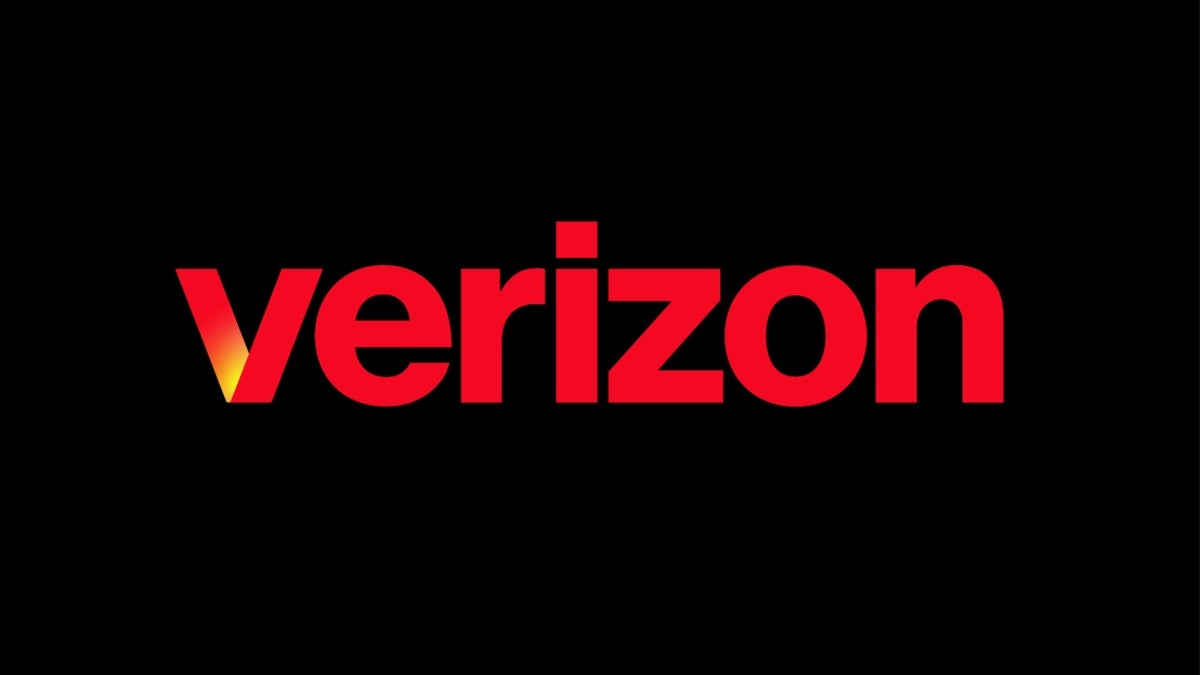The National Advertising Division (NAD) is a non-profit organization that monitors national advertising campaigns for truth and accuracy. The NAD is part of the Better Business Bureau’s National Program using the reputation of the BBB to promote truthful and accurate advertising.
T-Mobile recently brought a Fast-Track SWIFT challenge to the NAD about a commercial run by
Verizon. This is a process used to get an expedited response from the NAD about a single-issue disputed ad.
In a press release, the BBB National Programs announced that after investigating T-Mobile‘s complaint, the NAD recommended that Verizon stop making claims about texting services in remote locations that run over satellite in areas where there is no cellular or hotspot connectivity. Another option suggested to Verizon is to modify the ad to make it exactly clear what necessary conditions must be met in order for Verizon customers to use the satellite texting service.
T-Mobile‘s argument was that
Verizon‘s ad made it seem as though
Verizon offers satellite-supported texting services in remote locations no matter which phone a
Verizon customer owns. The challenged ad was shown on
Verizon‘s website and in three commercials. Each commercial showed individuals in a remote location texting with a loved one. The words “Text Anywhere via Satellite: appear on the screen followed by a small font disclosure that says,
Satellite connectivity requires select smartphones. Must be outside w/line of sight to satellite; might not work in parts of Alaska.
This is one of the Verizon ads that T-Mobile brought to the attention of the NAD.
The NAD determined that this disclosure is not clear and is unlikely to be read and understood by consumers. Because consumers are not likely to read the small font disclosure, the NAD found that
Verizon‘s ads do not deliver the message that the satellite-supported texting is limited to
Apple devices that can run the latest build of iOS. The NAD also felt that the message conveyed on
Verizon‘s website, “text anywhere with satellite,” also doesn’t deliver a clear and conspicuous message to
Verizon customers.
As a result, the NAD recommends that Verizon stop using the disputed claim. Another option suggested by the NAD is that Verizon modify the ad. The requested modification would put in close proximity to claims about satellite service in remote locations, that to access the service, consumers must use or purchase specific new model smartphones and use updated software. Verizon says that it will comply with the decision but didn’t say how.
